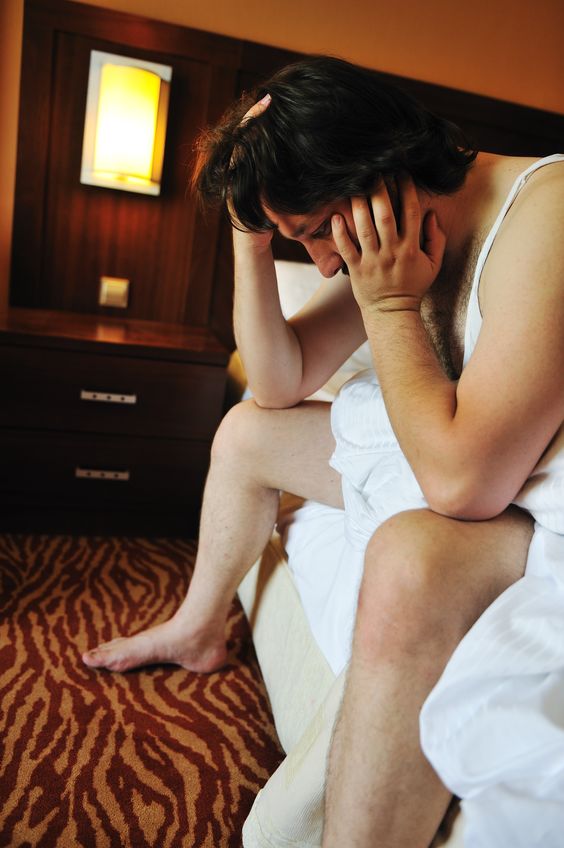Do you find yourself more anxious and flustered more than usual after a bad night of sleep? According to researchers from the University of California, Berkeley, sleep deprivation can activate certain brain regions that affect our emotional processing, increasing feelings of anxiety.
Published in the Journal of Neuroscience, the study included 18 young healthy adults who didn’t have an anxiety disorder, but who had varying ranges of general levels of anxiety. The study participants were allowed one of regular sleep, and then experienced a night of sleep deprivation. After both nights, the researchers conducted brain scans as the volunteers underwent an imaging test.
The imaging test consisted of having the participants look at neutral or disturbing images. In order to make the participants feel “anticipatory anxiety,” a visual cue was shown before each group of images. The cues included, a yellow circle, meaning a neutral image would follow; a red minus sign, meaning a disturbing image would follow; or a white question mark, meaning either a neutral or a disturbing image would follow.
While it is difficult to tell if sleep loss leads to anxiety, or whether sleep disruption causes anxiety, this study is helping researchers to understand the relationship more clearly.
However, the results showed that when a person is sleep deprived, activity in the amygdala and insular cortex brain regions increased. In people who were already natural worriers, these effects were even more amplified.
Sleep is an irreplaceable asset to your life. You need it to feel your best physically, mentally and emotionally. If you find that you have trouble falling asleep due to anxiety, keeping a to-do list or a worry journal may help you feel more relaxed before bed.


Comments are closed.